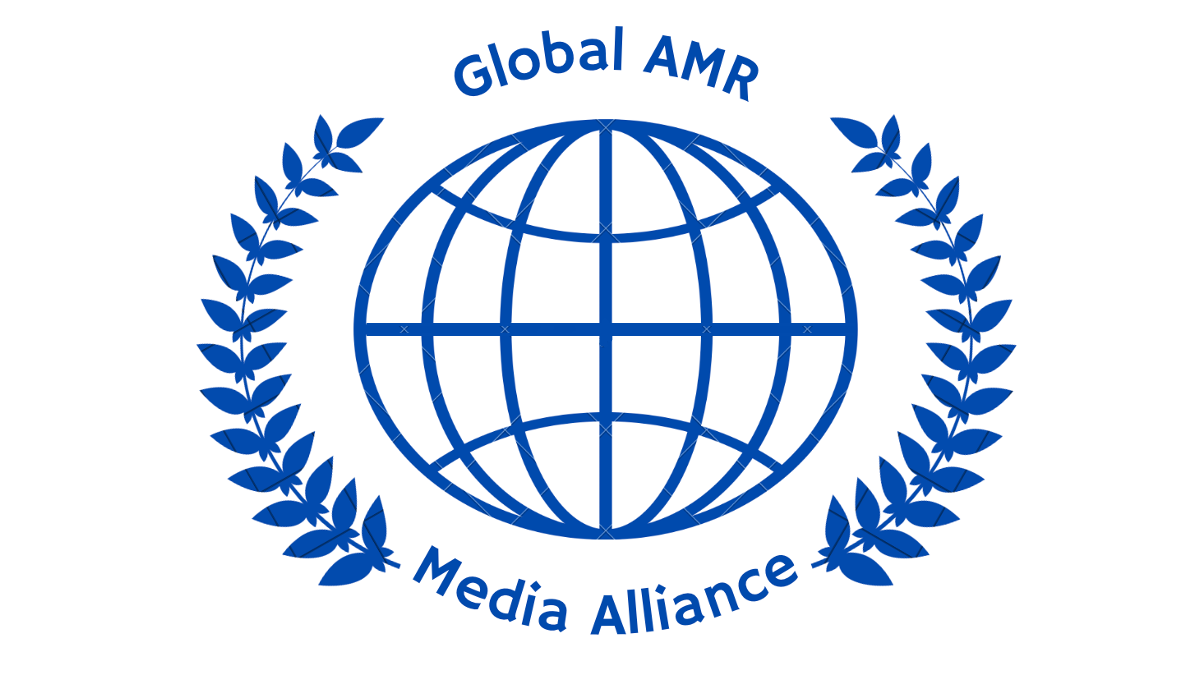Bangladesh NGOs Network for Radio and Communication (BNNRC) has joined the Global AMR Media Alliance – GAMA. The Global AMR Media Alliance (GAMA) is a network of media from across sectors coming together to raise media awareness on antimicrobial resistance (AMR) and its visibility in the context of global health security and the UN Sustainable Development Goals (SDGs).
The Alliance’s aim to collaborate worldwide with journalists and other media actors (such as, those in print, online, TV, radio, social media content production, community media, etc), and media networks to demand stronger and urgent actions for ensuring responsible and appropriate use of antimicrobials by: Raising media awareness on AMR, Increasing its visibility in media, Updating media fraternity on AMR science, Sharing opportunities with members for coverage, capacity building/ training, learning events, etc. These may also include AMR related media scholarships or fellowships, upcoming AMR events and Simplifying AMR science in local contexts, as well as in relation to health security and SDGs.
GAMA Vision is Increasing awareness and visibility of antimicrobial resistance in and through media, for responsible and appropriate use of antimicrobials to protect human health.
Antimicrobial Resistance (AMR) is one of the top 10 global public health threats facing humanity. AMR occurs when bacteria, viruses, fungi, and parasites change over time and no longer respond to the effects of antimicrobial medicines making infections harder-to-treat and increasing the risk of disease spread, severe illness and death.
Antibiotics are antimicrobial drugs. These are drugs that fight bacterial infections in both humans and animals. In this case, they either kill the bacteria or prevent the physical growth and reproduction of the bacteria. However, antibiotics only treat certain bacterial infections, they have no effect on viruses.
According to the World Health Organization, antibiotic resistance is a condition that occurs when certain bacteria acquire the ability to survive the attack of antibiotics. These bacteria are called antibiotic-resistant bacteria. As they become adapted to the presence of antibiotics, they can grow and reproduce at their normal rate. As a result, the immune system of the human or animal body decreases. Their disease, which was previously cured by antibiotics, is no longer cured by those antibiotics but continues to grow. These diseased people or animals spread antibiotic-resistant bacteria inside their bodies to others through sneezing and coughing in the presence of others, and they also get the same incurable disease.
Prime Minister Sheikh Hasina has joined world leaders to alert countries to the accelerating crisis of antimicrobial resistance (AMR). “We are running out of available antibiotics (for antimicrobial resistance) and soon could face another global emergency, far more severe than the current COVID-19 pandemic”, Sheikh Hasina told global leaders. She called for increased international coordination and more investment.
The 2019 report of the ad hoc Interagency Coordination Group on AMR to the United Nations Secretary-General, entitled ‘No time to wait: securing the future from drug-resistant infections, recommended the “establishment of a constituency-based partnership platform facilitated and managed by the Tripartite3 agencies with diverse representation (e.g. governments, private sector and civil society representing human, animal, plant and environmental health, as well as agriculture and food and feed production) to develop and implement a shared global vision, narrative and targets”.
BNNRC has been engaging AMR issue with media titled on Building Constructive Journalism to Fight Against AMR in Bangladesh at national and rural level since 2022.
At National Level Building Capacity on AMR Reporting (TV, Print and Online) and Provide Fellowship to the Journalists, at Rural Level Building Capacity on AMR Reporting for Community Radio Broadcasters (20 Stations) and Provide Fellowship to the Journalists
BNNRC’s approach to media development is both knowledge-driven and context-sensitive. It considers the challenges and opportunities created by Bangladesh’s rapidly changing media environment, including community radio broadcasting development giving voices to the voiceless.
BNNRC is in Special Consultative Status with the Economic and Social Council (ECOSOC), accredited with World Summit on the Information Society (WSIS), SDGs Media Compact of the United Nations and UN WSIS prize winner 2016, Champion 2017, 2019, 2020, 2021 and 2023 for media development and digital transformation.
For more info: ceo@bnnrc.net | +8801711881647


